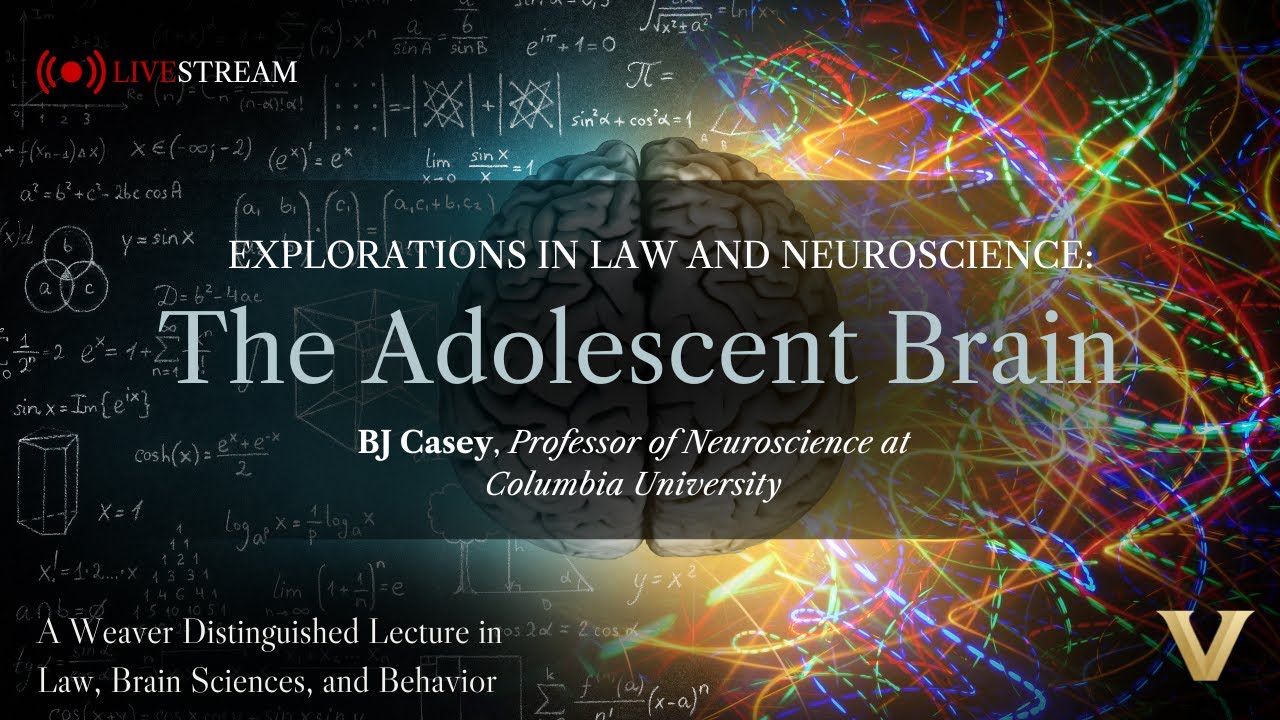
The Power of New Perspectives and Social Activism in Adolescence
davidjlee, Wikimedia Commons
During adolescence, as abstract thinking abilities develop, many teens become engaged with complex social, ethical and moral issues. Such engagement boosts cognitive development and fosters well-being. Young activists from around the world inspire others and demonstrate that passionate young people truly can make a difference.
By Kathleen Mazor, EdD, MS
Contributing Writer
Recent research has shed new light on the importance of abstract thought and how adolescents think about issues. In a recent longitudinal study, researchers at the University of Southern California asked young people aged 14 to 18 to react to a set of very brief true stories about people in different situations. Researchers recorded and analyzed what participants said about the stories, focusing on whether the teen spoke about abstract ideas beyond the specific situation in the story (referred to as “transcendent thinking”). They followed up with these participants twice over five years and found that teens who had engaged more in this type of thinking had greater increases in the coordination of the two brain networks: the default mode network and the executive control network. Additionally, those with this greater neural network coordination reported greater self-liking and relationship satisfaction. The researchers suggest that “The findings reveal a novel predictor of mid-adolescents’ neural development and suggest the importance of attending to adolescents’ proclivities to engage agentically with complex perspectives and emotions on the social and personal relevance of issues, such as through civically minded educational approaches.”
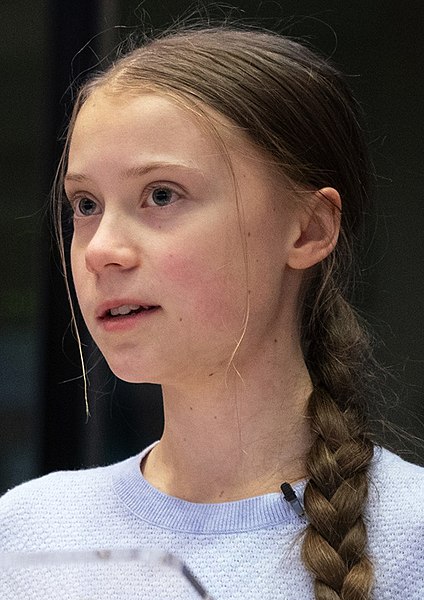
In other words, encouraging adolescents to think about broader social, ethical, and moral issues and to consider different perspectives may not only boost brain development but also lead to greater satisfaction later in life.
Moreover, educating adolescents about the changes they are going through can better equip them to handle challenges and grow from their experiences.
Friends are influential in influencing adolescents’ interests, but so are parents and teachers. In fact, recent research suggests that teachers are particularly important in influencing adolescents from less privileged backgrounds to develop an interest in social issues.
Young people are often passionate about issues and eager to take action to uphold their values. Dr. Eva Telzer, a professor of psychology and neuroscience at the University of North Carolina Chapel Hill, highlights the impressive ways that teens get involved. In Dr. Telzer’s words: “They’re leading social movements. They’re also doing this at a smaller scale, whether that be contributing to their family or helping their friends or volunteering at their local community. Some teens do this at such a huge level. So leading the climate change movements, leading these bigger scale movements that have gotten tons and tons of people involved, but it doesn’t have to happen at that scale. And adolescents in their everyday lives are doing activities that are prosocial and community oriented. And they’re not doing this just to get into college for example, but there’s research showing that these brain regions involved in reward sensitivity and social sensitivity are activated, suggesting that it really does bring them joy to engage in this. And it is a meaningful activity for adolescents.”
Among the most famous young activists are Greta Thunberg, who began her climate activism at just 15 and was nominated for the Nobel Prize, and Malala Yousafzai, who survived an assassination attempt for advocating for education for girls and won the Nobel Peace Prize (shared) when she was 17. She tells her story in the bestselling book I Am Malala. Their stories are well known, but they are far from alone in their impact.
In the US, the March for Our Lives movement, ignited by the Parkland school shooting in 2018, showcases the power of young people in the fight for gun safety. Led by students, this movement quickly gained national attention with their passion and drive. They redefined gun violence as a broader issue affecting all children and rallied other youth organizations to join their cause. Their efforts led to a massive nationwide march and boosted youth voter turnout in the midterm elections, challenging established interests like the NRA. Since then, March for Our Lives has been a major advocate for gun safety, helping to pass over 250 gun safety laws and increasing youth engagement in politics.
For teens dealing with mental health challenges, feeling supported can be lifesaving. Diana Chao, founder of Letters to Strangers, knows this firsthand. Immigrating from China when she was nine years old, and growing up in poverty, she faced significant struggles. She tells her story: “So I was growing up underneath the poverty line with my parents, who did not speak English at all, and I was trying to assimilate and find my identity in a town that was vastly, vastly majority white. And so over time, especially because I was growing up in a very abusive household, I started to believe in everything that was said about me, that blamed everything upon me. And by the time I was about thirteen years old, I was diagnosed with bipolar disorder.” Diana’s role as a caregiver for her young brother gave her a reason to carry on living. Diana ultimately transformed her personal pain by writing letters to strangers. Starting with a chapter in her high school, Diana founded Letters to Strangers, which is now the largest global youth-run nonprofit focused on helping youth with mental illness. Reaching across six continents, the organization continues to support and encourage youth to write anonymous letters about their struggles, sharing their vulnerabilities and offering support to others. In addition, the organization offers peer education on mental health and policy advocacy.
These prominent young activists, and many like them, demonstrate the impressive impact of educating and empowering young people to tackle real-world challenges.
In the series: The Challenges of Adolescence
Further Reading »
External Stories and Videos
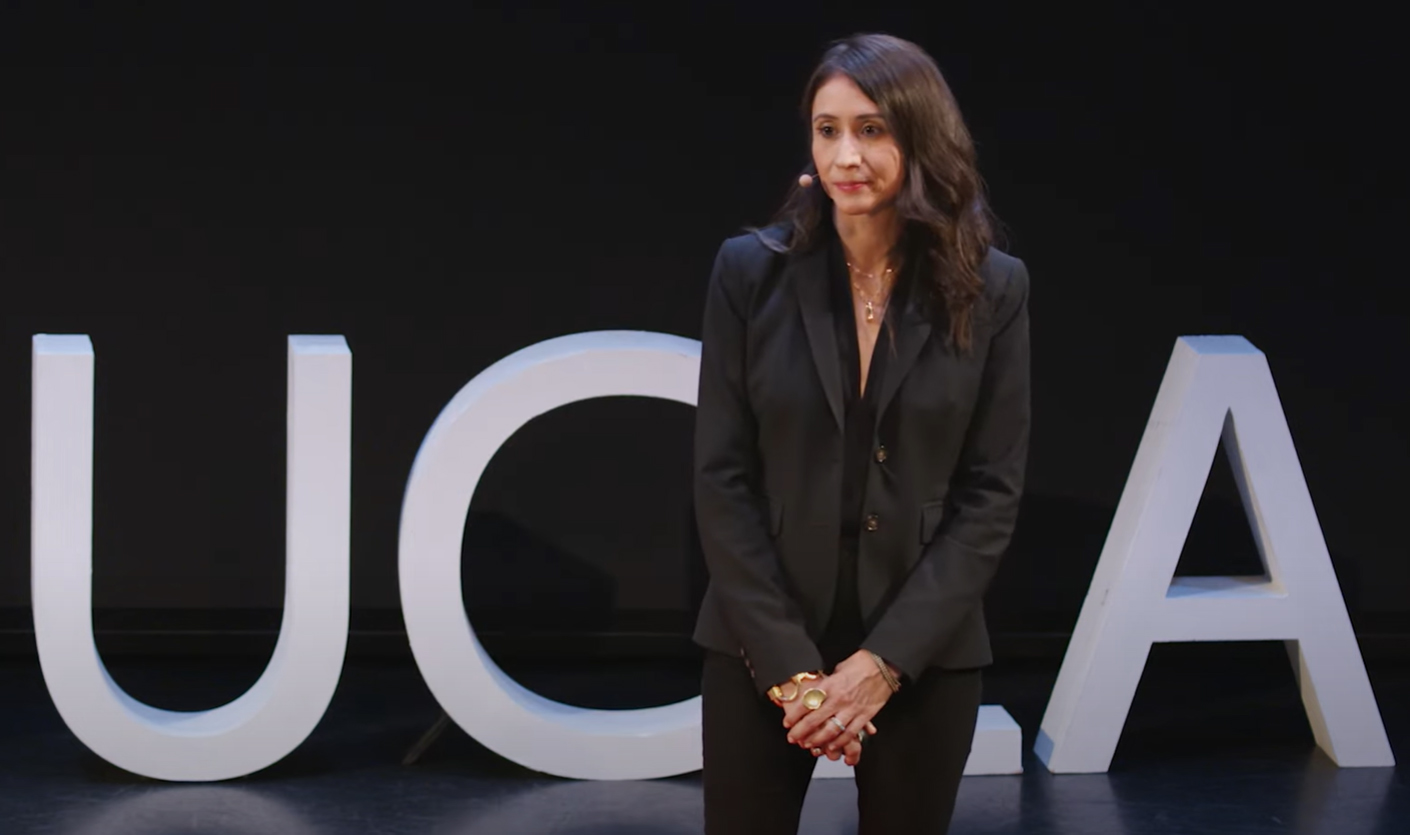

The Adolescent Brain: A Thriving Look
Adriana Galván, TEDxUCLA
Neuroscience tells us there is joy in not knowing what is coming next. Uncertainty is part of what makes life interesting. Yet, most adults describe a strong feeling of discomfort around uncertainty.
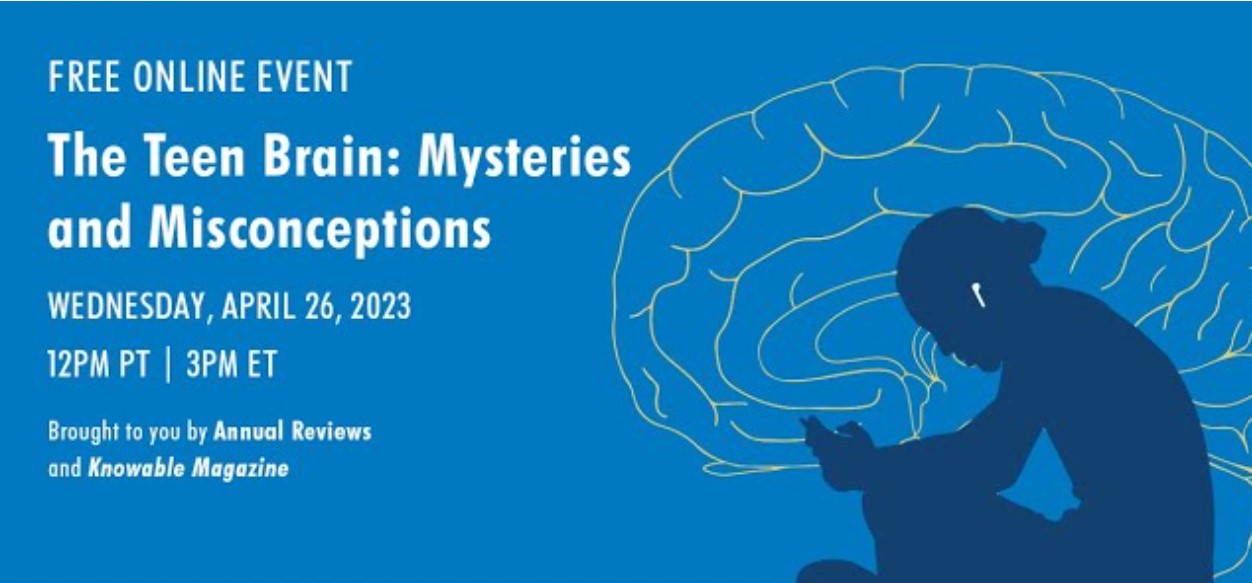

The Teen Brain: Mysteries and Misconceptions
Panel Event, The Dana Foundation
A conversation about the teenage brain’s strengths and vulnerabilities, how adults can support teenagers with mental health issues, and how teens can help one another.
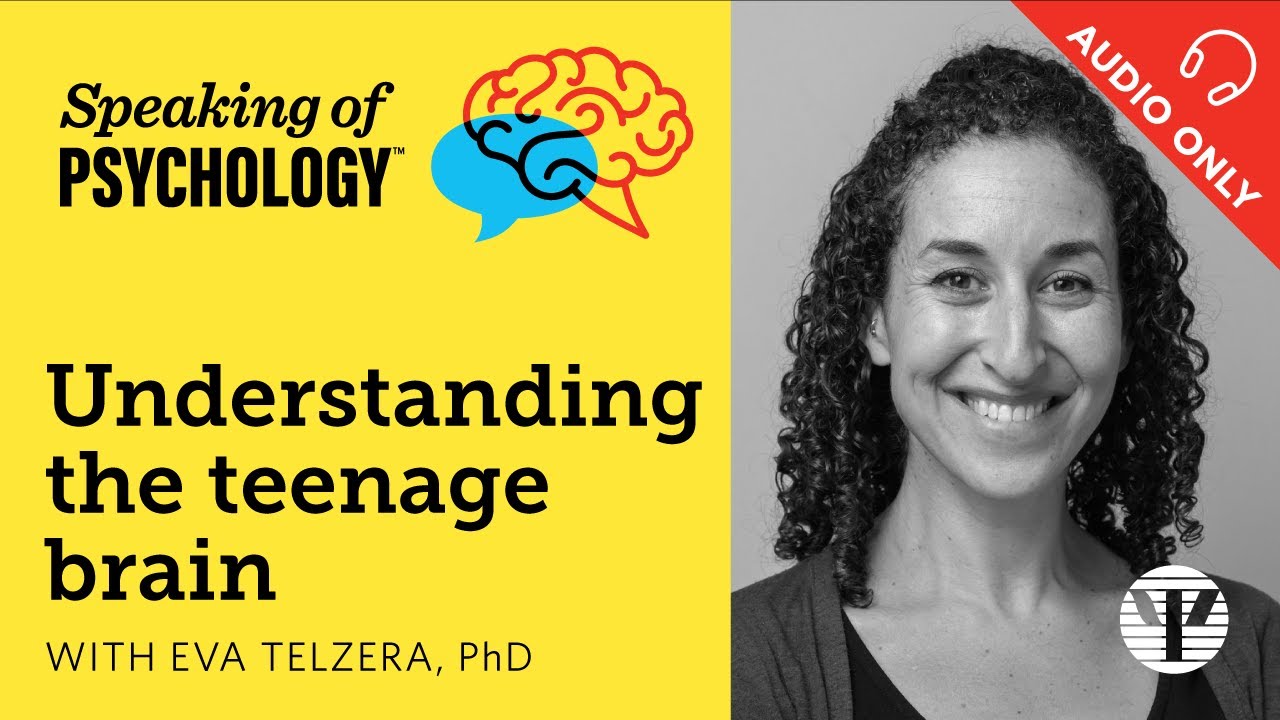

Understanding the Teenage Brain
Eva Telzer, PhD, Speaking of Psychology
There’s a common stereotype is that teenagers’ brains are immature and underdeveloped, and that teens are “hard-wired” to take unwise risks and cave to peer pressure. But psychologists’ research suggests these negative stereotypes are unfounded and that the teen years are a time opportunity and growth as well as risk.
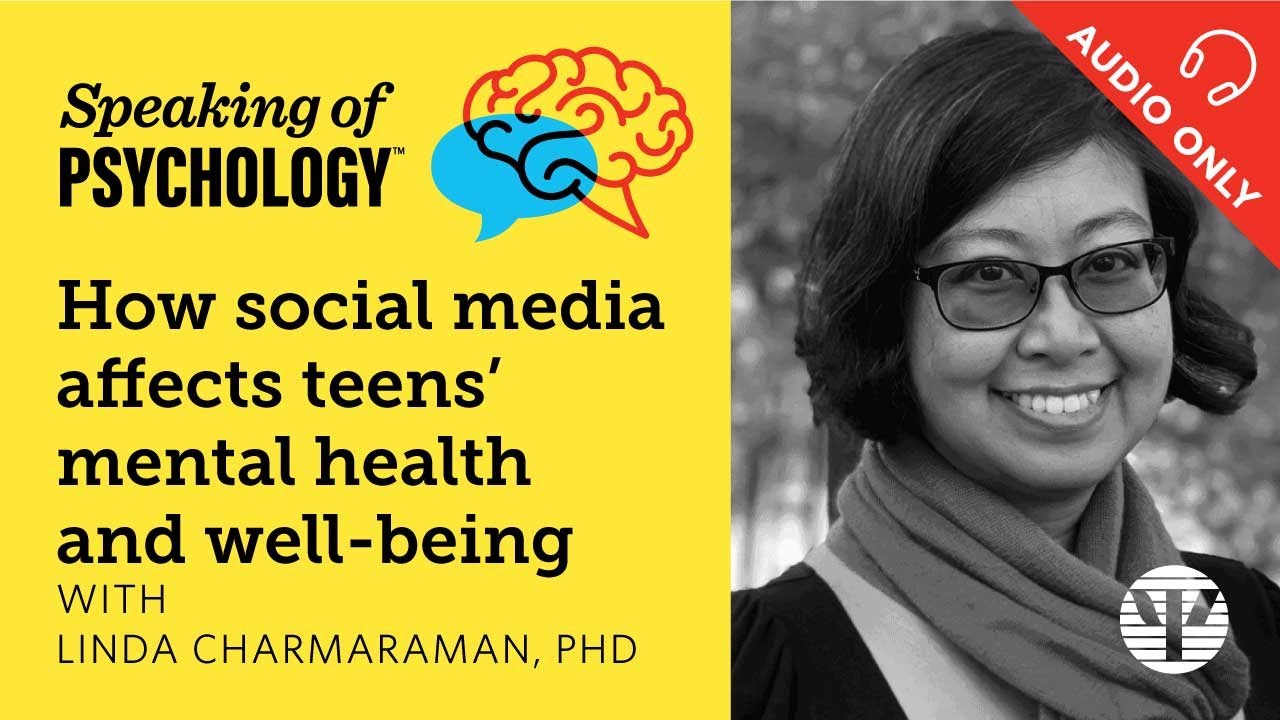

Speaking of Psychology: How Social Media Affects Teens’ Mental Health
Linda Charmaraman, PhD (2021)
The vast majority of US teens have access to a smartphone and at least one social media account, and recent headlines seem to confirm parents’ worst fears about the effects of all that time spent online. But psychologists’ research suggests that there are nuanced answers to the question of how social media affects teens’ mental health and well-being.


Are Smartphones Ruining childhood?
Jonathan Haidt, TED Talks Daily Podcast
Social psychologist Jonathan Haidt's latest book, The Anxious Generation, is shaping cultural conversations and sparking fierce debates about the role of smartphones in society. In this timely conversation, he investigates how a smartphone-based childhood, amplified by overprotective parenting, is driving the mental health crisis among young people. He also explores the push for phone bans in schools and the concrete steps we can take to improve the mental health of young people around the world.

